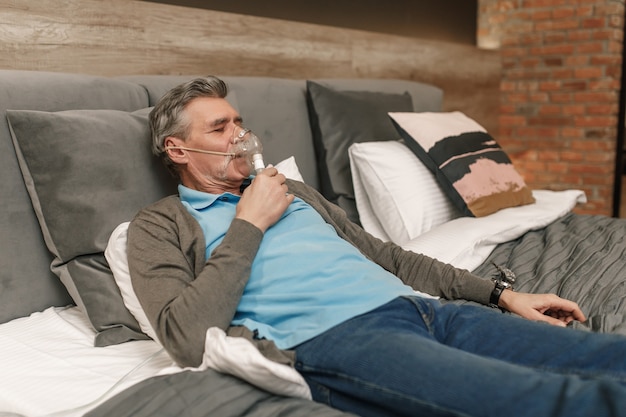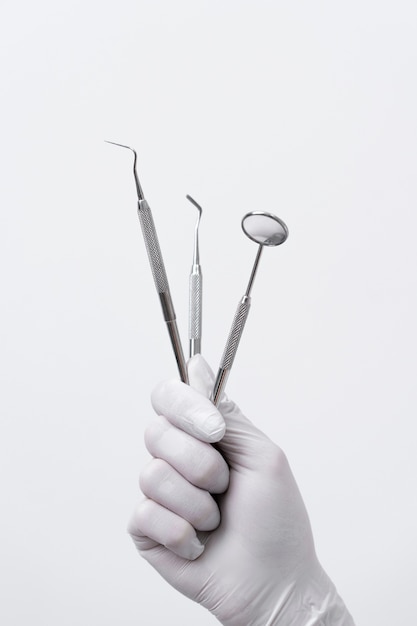

We all love moments that leave us breathless in amazement, but it’s a different story when you can’t catch your breath while sleeping due to a condition known as sleep apnea.
Sleep apnea is a disorder where a person briefly stops breathing or has shallow breaths while asleep. These pauses can last from a few seconds to minutes and may occur 30 or more times an hour. Despite being a common condition, sleep apnea often goes undiagnosed and, if untreated, can pose serious health risks.
Because sleep apnea happens during sleep, people are usually unaware they have it unless a bed partner notices the symptoms. Without knowing, they might continue their daily routines until the long-term effects become evident.
There are two main types of sleep apnea: central sleep apnea and obstructive sleep apnea, the latter being the more common type. Some people may experience a combination of both.
Obstructive sleep apnea happens when the airway becomes blocked or collapses during sleep, leading to pauses in breathing or shallow breaths. In contrast, central sleep apnea occurs due to a brain signal issue that affects the body’s attempt to breathe.
The effects of sleep apnea can be deadly, even affecting you when awake. Here’s how sleep apnea impacts your life:
### Sleep Apnea and Driving
Sleep apnea leads to excessive daytime sleepiness, which is dangerous, especially for drivers. The lack of oxygen to the brain can cause grogginess, making it harder to stay alert and react to hazards. If diagnosed with sleep apnea, it’s crucial to seek treatment and avoid driving until your doctor gives the all-clear.
### Sleep Apnea at Work
The sleepiness from sleep apnea hampers your alertness and concentration, which is risky in many jobs. For professions needing high technical alertness like engineers, pilots, and healthcare workers, untreated sleep apnea not only endangers their lives but also the people they serve.
### Sleep Apnea and Heart Health
Heart disease is a leading cause of death, and sleep apnea worsens it. The reduced oxygen levels during sleep can trigger heart attacks or strokes. It also worsens irregular heartbeats and negatively impacts the cardiovascular system. People with heart conditions and sleep apnea are often treated using CPAP (Continuous Positive Airway Pressure) machines, which keep airways open by providing a steady airflow. Proper use of CPAP machines can significantly reduce apnea episodes.
### Overall Quality of Life
Untreated sleep apnea can diminish your quality of life, causing depression and affecting daily enjoyment. It can harm your senses, especially your vision, by aggravating conditions like glaucoma linked to hypertension and diabetes. It also increases stress levels and reduces sexual drive and function.
Fortunately, there are effective treatments such as CPAP machines, which have shown excellent results for those who follow their doctor’s recommendations.
In essence, while sleep apnea sneaks up on you during the night, addressing it promptly is crucial to ensure it doesn’t take away your breath for good.

